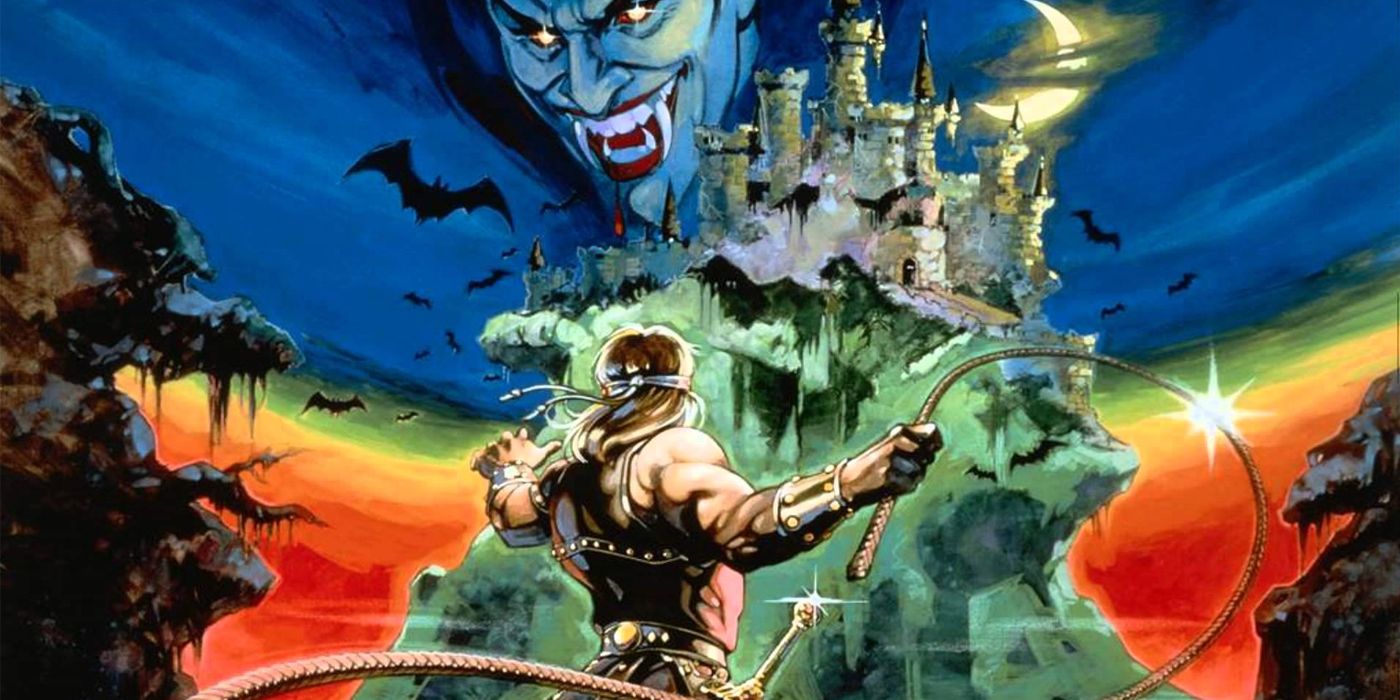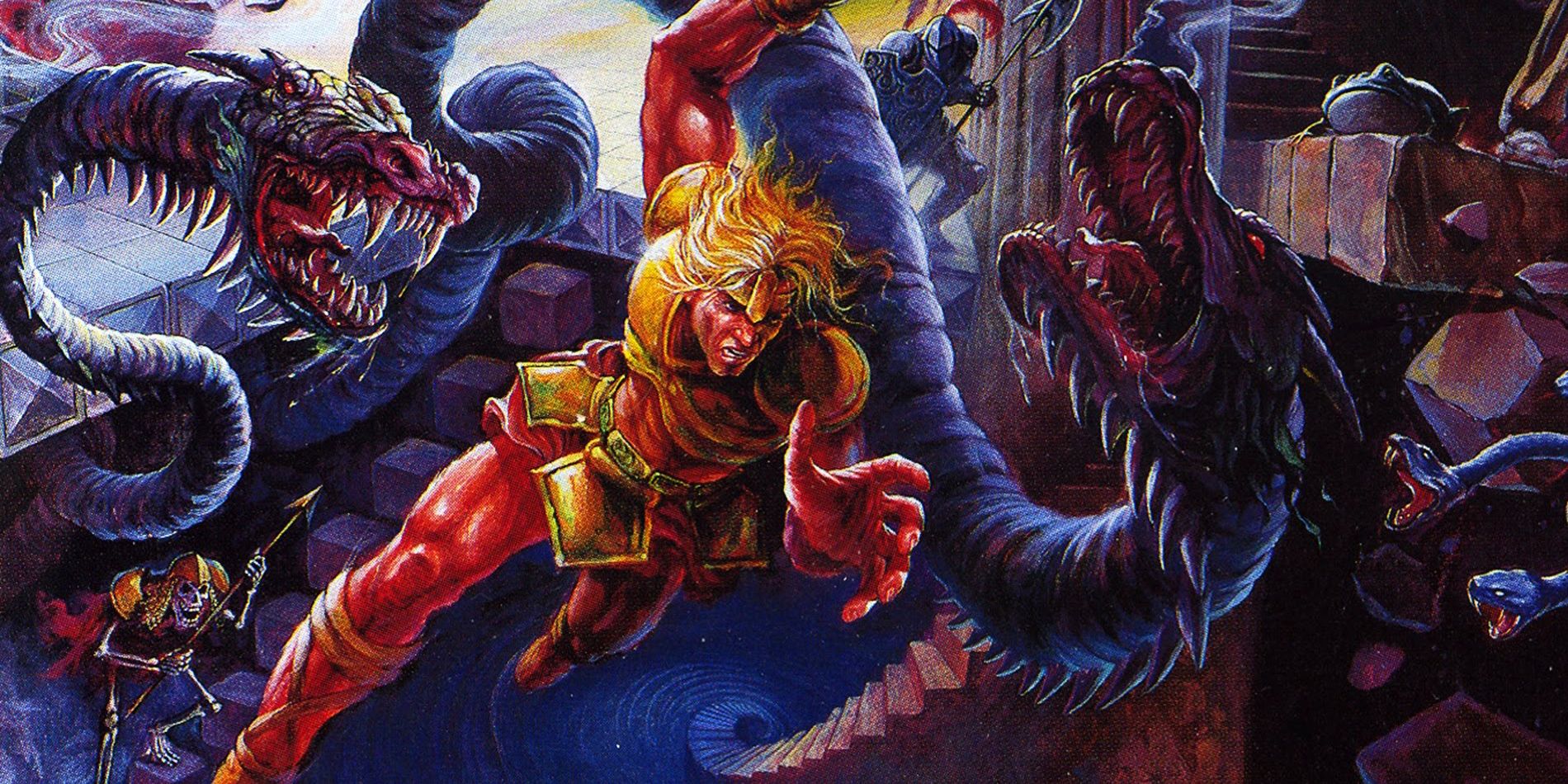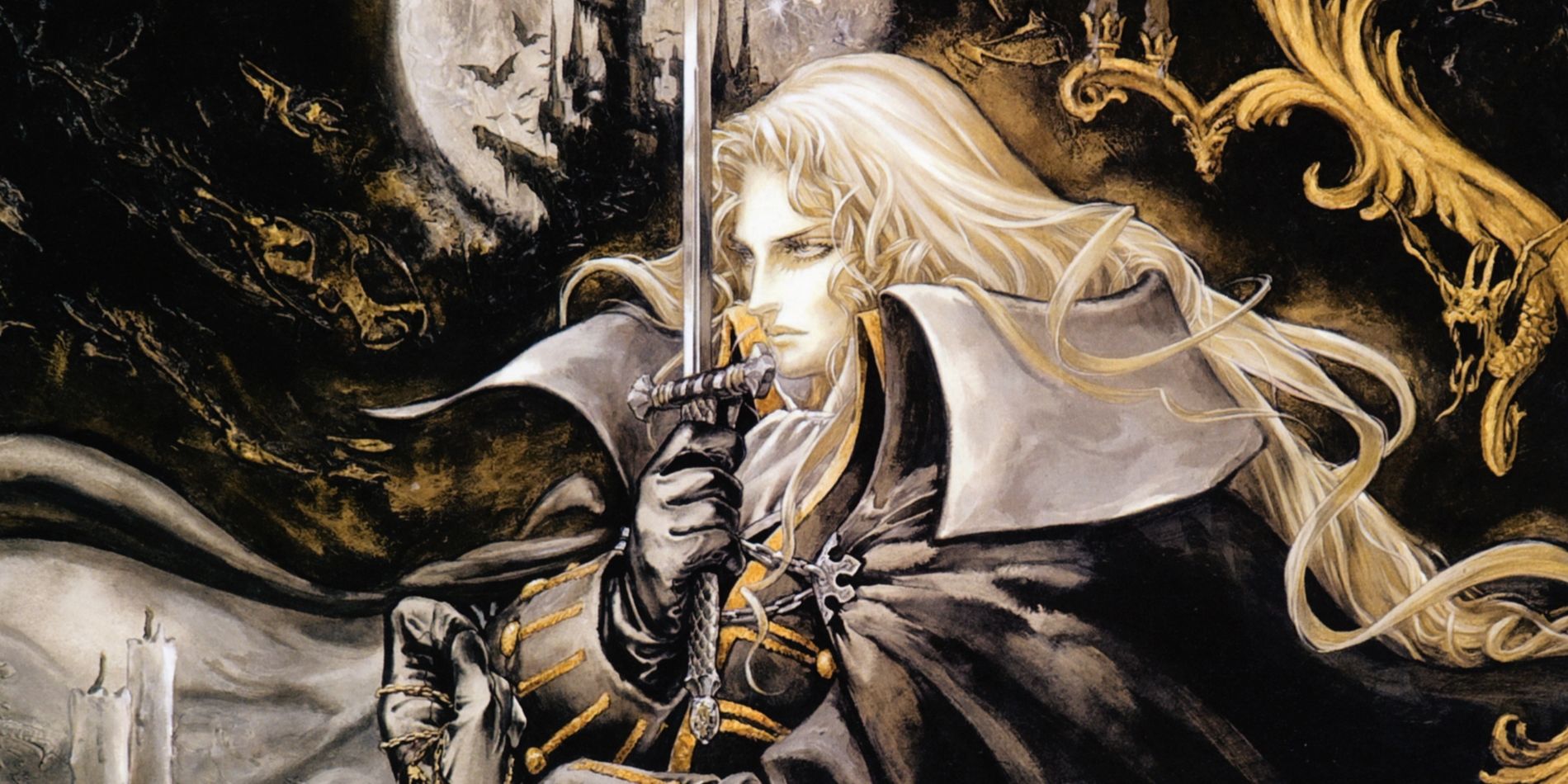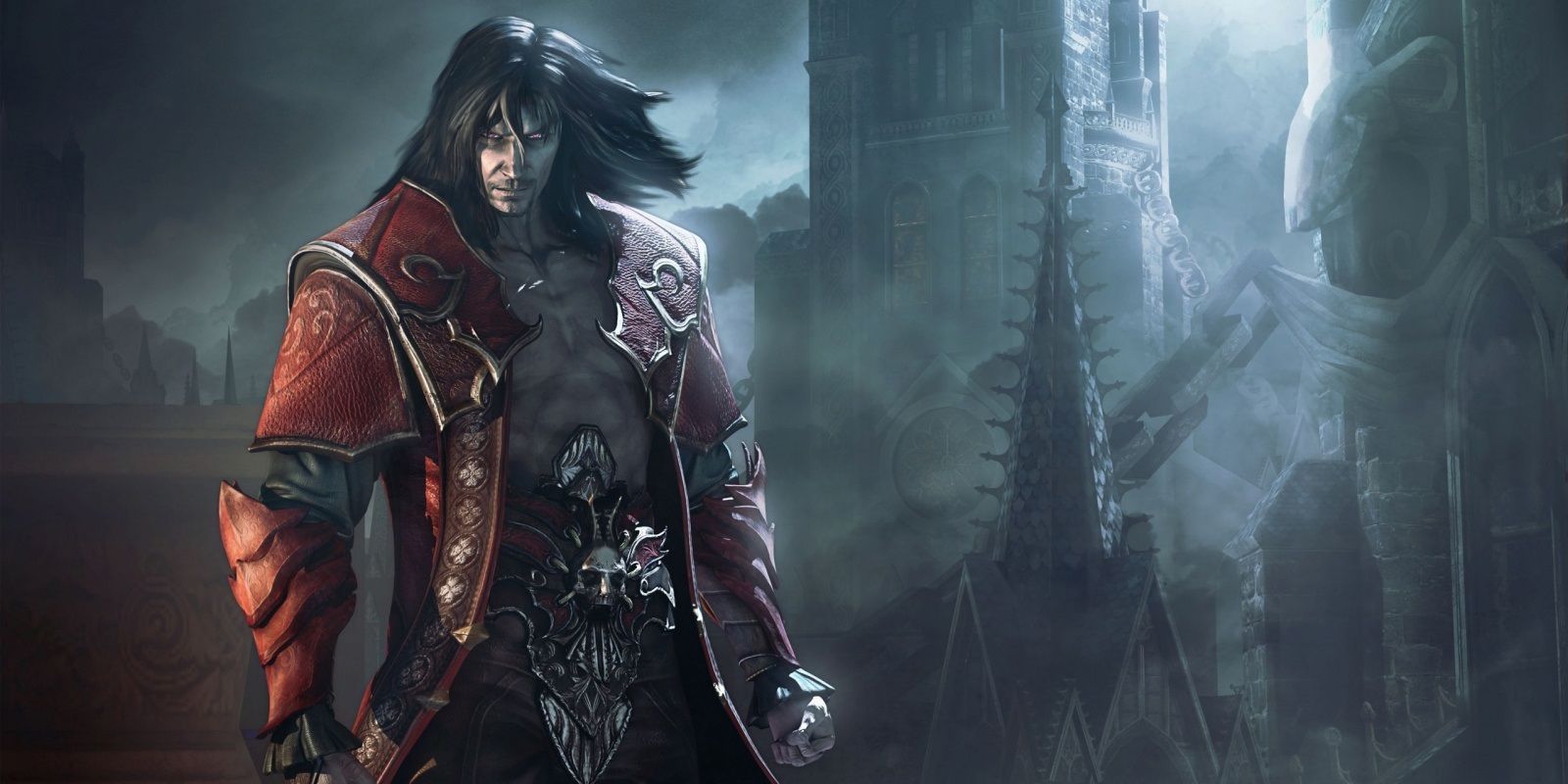Castlevania fans were blindsided with the news that the classic video game franchise would be returning to mainstream attention with a series from Netflix. First spotted in a list of productions coming thoughout the year from the streaming giant, the project was later officially confirmed by producer Adi Shankar. Said to be R-rated, dark and satirical, the animated show demonstrates not only more experimentation from Netflix as distributors, but, more importantly, it presents a chance for Castlevania to live up to its own prestige after years of mediocrity and stagnation.
First released for the NES back in 1986, the Konami-developed platformer followed vampire hunter Simon Belmont on his quest through Dracula's Castle to kill Dracula. During the game, players had to traverse the massive mansion and defeat other classic horror icons like Frankenstein's monster, the Mummy and Medusa before facing off with the Count himself. A massive success commercially and critically, Castlevania was soon followed by a sequel, Castlevania II: Simon's Quest in 1988, which saw an expansion of the original's gameplay and lore and would ensure Castlevania became a staple of Konami's roster.
Across multiple systems and console generations, Castlevania was gaming's de-facto classic horror series, telling a story spanning hundreds of years about the Belmont family and their ongoing war with Dracula. Its sincere aping of Hammer Horror-esque pastiche was distinct within the medium and the action-adventure gameplay kept each entry fun and approachable. Gradually though, quality began to slip with some lackluster releases. In the late '90s and early 2000s Konami seemed more interested in new franchises like Metal Gear Solid, with Castlevania sequels seeming like afterthoughts either by design or by promotion or both, becoming more niche interest than marquee title.
Konami's troubles have been widely discussed and made most apparent in their public and controversial split with MGS-mastermind Hideo Kojima in 2015. But despite being one of the many casualties of the studio, Castlevania's fall from grace has now become a blessing in disguise as it's caused the property to be licensed out by its parent company to someone with plans for its legacy and its potential.
Enter Adi Shankar. Most notable for his involvement in 2012's Dredd and the 2015 Power Rangers short Power/Rangers, a gritty reimagining of the mighty morphin' team that went viral, the indie producer has a reputation for making adaptations the right way. Using his big studio work to fund his indie projects, he's amassed a small filmography of sleak, earnest fan-films of his favorite characters, which he calls his “Bootleg Universe.” Combining high production values with rigid dedication to the source material and skewing towards a mature audience, Shankar adapts properties he loves in a way he'd love to see them realized.
With a no-compromise approach like Shankar's, Castlevania can finally recapture what made it so captivating. At its peak, Castlevania had writers and creators who understood when to be serious and when to throw man-eating flowers and mermen at the player. It was a celebration of the good and the schlocky of horror, as well as its own proud addition to the canon of icons such as Count Dracula and the Grim Reaper, and that balance requires a deft hand in writing and tone.
As much is likely why Shankar has enlisted renowned comics writer Warren Ellis to write seasons 1 and 2 and animation veterans Kevin Kolde and Fred Seibert's Frederator Studios to animate the series. Kolde and Seibert certainly need no introduction – Adventure Time and The Fairly Odd Parents among their successes – but the real interesting part of this stable is Ellis' presence. In the comics industry almost as long as Castlevania has been a thing, Ellis has lent his pen to many classic characters and created several bona fide classic runs on the way. Neither a horror nor a fantasy writer by any stretch, Ellis is known for injecting horror elements and for balancing several different tonal cues and ideas at once in his work.
Usually in the realm of science fiction, Ellis has a tendency to create memorable lead characters in worlds that present a bizarre, jagged reflection of our own. One of his most famous creator-owned series is Transmetropolitan, a cyber-punk inspired send-up of celebrity culture and politics told from the perspective of gonzo journalist Spider Jerusalem, a one-man front against corruption and dystopia. Transmetropolitan can be a dense read, tackling a whole slew of philosophical principles like transhumanism, but at its core it's a story of one person fighting an endless battle only they seem to be aware of – not altogether the Belmont family and their crusade against one Count Dracula.
That's not to suggest this Castlevania series is going to be directly comparable to Transmetropolitan, but that kind of lean, morose caricature is what the game series was clamoring toward in it first few releases. Castlevania: Symphony of the Night on the PlayStation, widely agreed to be one of the finest hours of the entire franchise, merges action-adventure with RPG elements as players had to explore Dracula's mansion to uncover and unfurl what boils down to a rather convoluted love story. It's dark, romantic and melodramatic but without becoming full parody. That game's story and intersecting gameplay mechanics were both the kind of hallmarks that became absent in more recent iterations, their design eventually devolving into a God of War clone.
Castlevania was then and remains one of the only mainstream gaming series to tackle gothic horror in such an unapologetic way. The messy timeline, over-the-top characters and kitschy monsters all culminate in creating a unique mishmash of modern and classical sensibilities. In an ideal world, fans could still expect the games to live up to that quality. Yet, thanks to Shankar and co., for the first time in years fans can be excited for what the next battle between the Belmont family and the forces of evil will look like.




